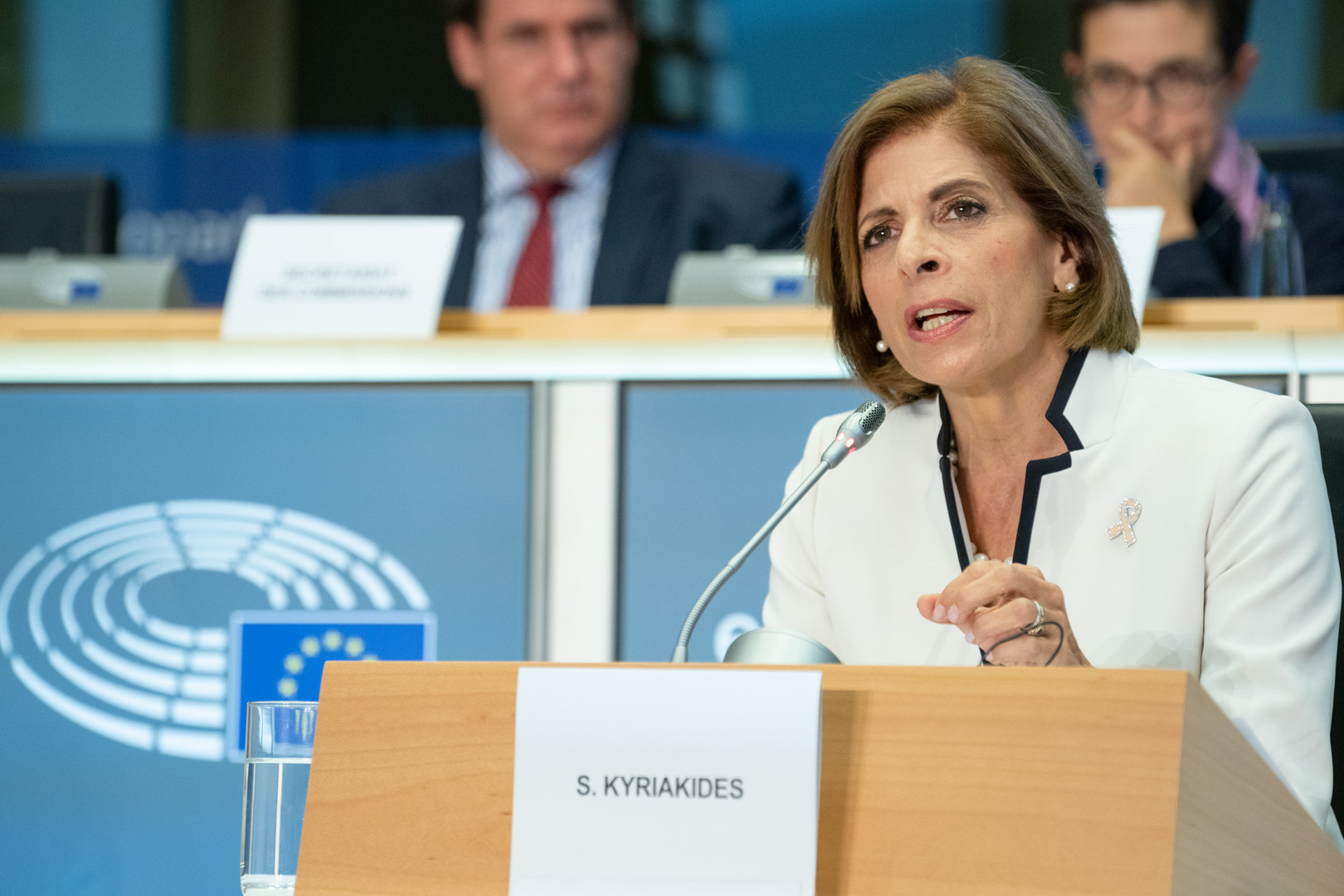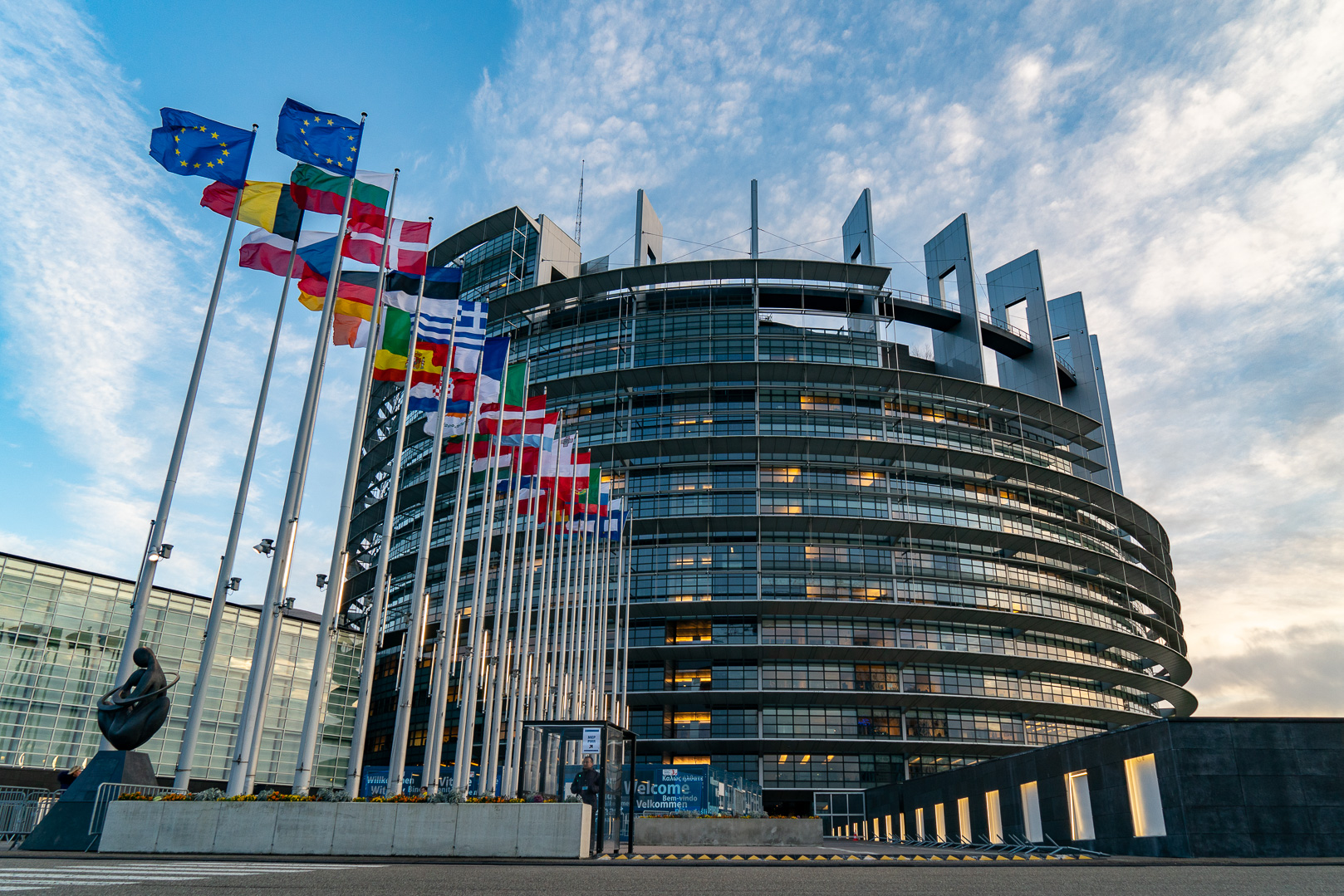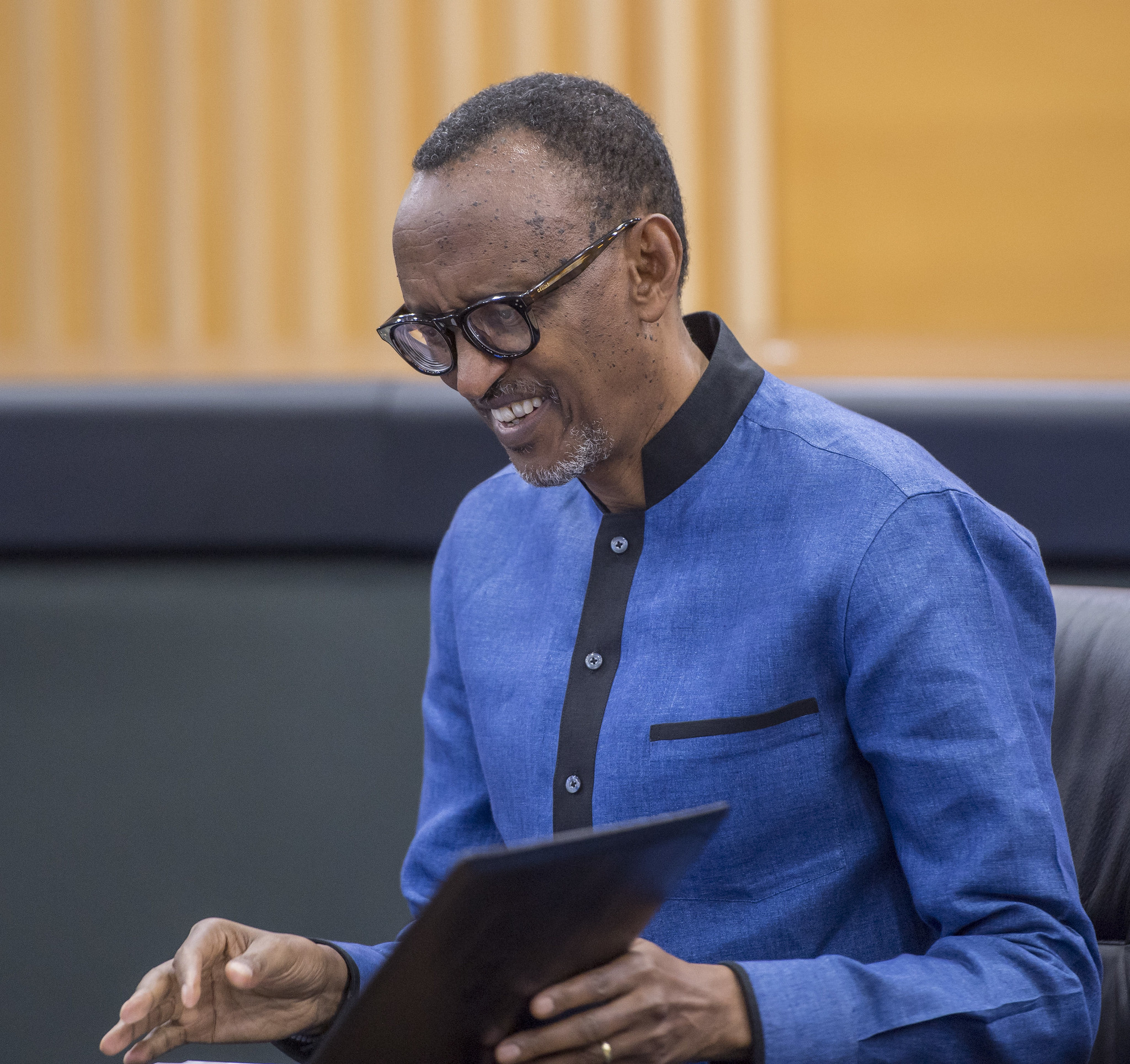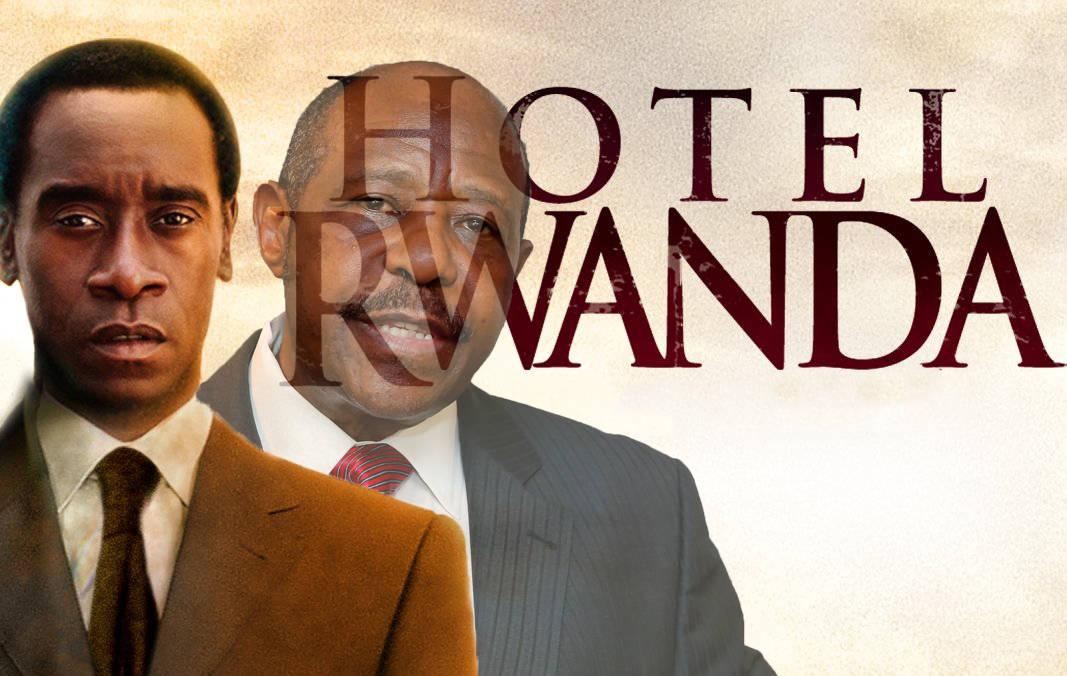International
Ex Belgian diplomat exposes affinity with genocide denial, revisionism

The
trial and conviction of Paul Rusesabagina on terrorism-related charges provoked
the anger of many of his supporters. They all claim that he didn’t get a fair
trial and that he should be released in order to, among others, preserve the
good relations with a former colonial power.
Among
those blindly and ardently supporting the terror convict are some Belgians
ready to fight tooth and nail to have their man released. It is in this sense
that, early this month, members of the European Parliament issued a statement
asking Rwanda to free him immediately.
However,
some ill-intentioned people and organisations have used Rusesabagina’s case to
further some insidious agenda of tarnishing the image of Rwanda and its
leadership, as well as peddling genocide denial and revisionism propaganda. This
is notably the case of Johan A. Swinnen who was Belgian Ambassador to Rwanda
during the genocide against the Tutsi in 1994. From August 1990 to April 1994, Swinnen was in
Kigali flirting with the regime of Juvénal Habyarimana, the planner of the
genocide.
During
these four years, he became aware of all preparations for the genocide and was
a passive accomplice of the genocidaires. Today, he prefers to collaborate with the
deniers of the genocide, and to offer a rereading of the history of Rwanda by
denying the specificity of the extermination of the Tutsi to establish a wrong
version of the facts.
In
his article, “Bruxelles – Kigali: une crise qui doit ouvrir des perspectives
(carte blanche) published in levif.be on September 29, he pushes views
aligned with Rwanda’s haters and detractors. The former diplomat appears to
have been infuriated by the spat between Rwandan Foreign Minister Vincent
Biruta, and his Belgian counterpart, Sophie Wilmes. The latter was unwise to
criticise the trial of Rusesabagina and declared in advance that she would
raise the matter with the Minister on the side-lines of the UN General
Assembly.
What
she did not expect is Rwanda’s reaction to this Belgian official preventing the
course of justice, something none can do in her country. Consequently, Minister
Biruta snubbed her, and the meeting never took place. This cancellation didn’t
go well with Swinnen who wrote: “Ni l’attitude rwandaise ni le langage
utilisé n’ont leur place dans une relation normale” (Neither the attitude,
nor the language used have a place in a normal relation).
It
was all right for him not to be pleased by the Rwandan government’s response. But
he went a step further and attacked the leadership of President Paul Kagme and
his government accusing them of being inept in negotiations. This is frivolous because Rwanda has never and
will never shy away from engaging in dialogue when it’s in the best interest of
the country. When Swinnen talks of dialogue, he fails to specify between who
and whom.
It
is well-known that the diplomat has been openly siding with the very people
behind the 1994 genocide against the Tutsi, who live comfortably in Belgium and
other European countries. Swinnen often shares platforms with the fugitives who
perpetrated the genocide and their supporters to disparage the current
leadership in Rwanda and to propagate genocide denial.
But
Rusesabagina’s predicament takes little space in his long Op-Ed. The rest of
his article is a rerun of the same stereotypical attacks on the person of
President Kagame and his accomplishments.
Swinnen
goes on to say that people are starting to have doubts about the
accomplishments of Kagame’s government, accusing it of falsifying development
statistics. This tired accusation has
been thrown around by members of so-called opposition parties in exile and
taken up by the global north media.
From
attacking Kagame, the former diplomat veers into genocide revisionism. Just
like him, the likes of Canadian journalist Judi Rever, British journalist
Michela Wrong, and French political analysts like Charles Onana and late Pierre
Pean have been pushing for validation of an alternative story to what we know
about the genocide against the Tutsi which claimed more than one million
innocent lives.
It
is therefore strange for Swinnen to campaign for the rights of Rusesabagina
whom he calls “notre compatriote” (our compatriot) and to use his case to
engage in a brazen political mudslinging of Rwanda’s leadership and to peddle
genocide denial and revisionism.
Jean-Philippe
Schreiber, Lecturer at Université Libre de Brusselles condemned Swinnen’s
genocide denial, in an article titled “Nier les premices qui ont conduit au
genocide au Rwanda, c’est vider de sa substance et de sa compréhension, »
(Negating the premisses which led to the genocide in Rwanda is to empty it of
its substance, its comprehension) published in La Libre Afrique on April 21,
2021.
Prof
Schreiber wrote this Op-Ed in reaction to Swinnen’s article in La Libre
Belgique on April 21, at the occasion of the 27th Commemoration of
the genocide against the Tutsi. Prof
Schreiber noted that Swinnen’s objective was to sow doubt about the truth as if
it has been hidden from us yet the account of this tragedy has been known to us
through respectable scientific works.
Swinnen
may have intended to use levif.be to advocate for the cause of Rusesabagina, a
man facing 25 years in jail for terror-related charges. But he ended up
exposing his hate of the Rwandan leadership, and his warm embrace of genocide deniers
and revisionists.






